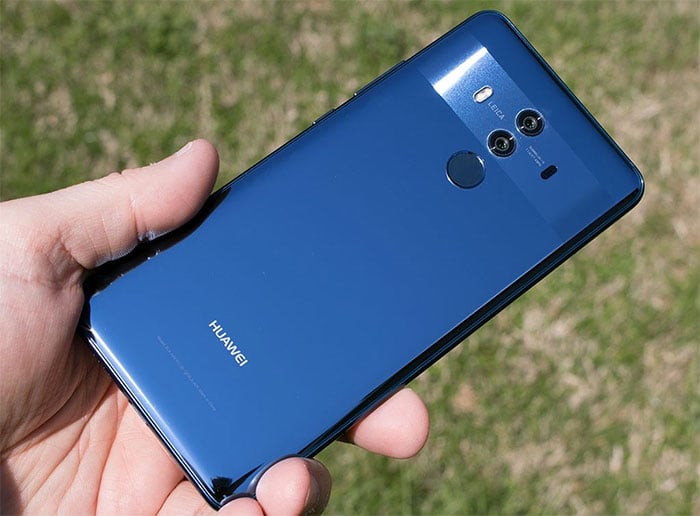Huawei's No Good Horrible Very Bad Day Rages On As Intel And Qualcomm Cut Ties

There are bad days, and then there are bad weeks like the one Huawei is having. Amid pressure from the US government to stop doing business with Huawei over spying concerns, several companies have reportedly stopped supplying the Chinese telecom with hardware, including major semiconductor firms such as Broadcom, Intel, Qualcomm, and Xilinx.
This is the latest blow to Huawei and it could have a crushing effect on its business operations. How much bad news Huawei can weather is being put to the test, it seems—over the weekend, Google dealt a major blow to Huawei by effectively yanking its Android license, leaving the company to only use the public version of Android that is available to everyone, known as the Android Open Source Project (AOSP).
The reason that was such a big development is because in one fell swoop, Huawei lost the ability to plop certain native apps on its Android devices, including Chrome, Gmail, YouTube, and even Google's Play Store.
That in and of itself could be crippling, and it obviously did not sit well with Huawei, which cited "substantial contributions" it has made to the Android ecosystem.
"Huawei has made substantial contributions to the development and growth of Android around the world. As one of Android’s key global partners, we have worked closely with their open-source platform to develop an ecosystem that has benefitted both users and the industry,” said a Huawei spokesperson in a statement to CNBC.
Things have only gotten worse since then. According to unnamed sources that Bloomberg recently spoke with, major chipmakers from within Huawei's supply chain are cutting ties until further notice. This is the result of the Trump administration barring American companies from selling to Huawei without a government-issued license. And in a broader sense, this plays into the current trade war with China.
This latest move is likely to worsen tensions between the US and China. It will also have an effect on the bottom line of the companies involved, though the US outfits will probably take a much smaller hit than Huawei. Intel, for example, generates less than 1 percent of its revenue from sales to Huawei, while Qualcomm gets around 2.6 percent of its revenue from the Chinese smartphone maker.

